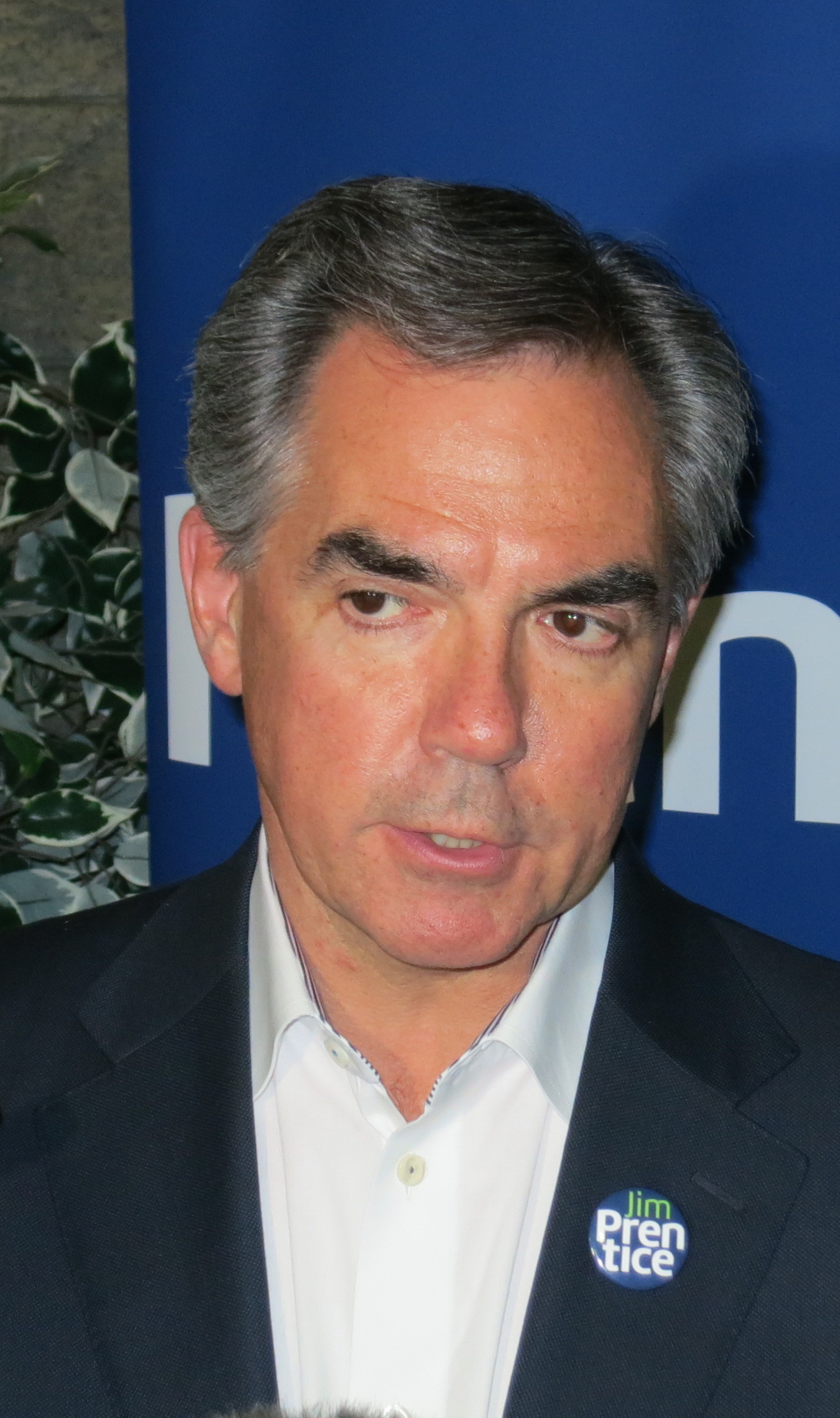Does anybody seriously think Alberta needs another election right now?
Yeah, I know, Premier Jim Prentice and his Progressive Conservative legislative caucus want one.
But do we need one, right at this particular moment?
With a buzz in the air that since an election suits Prentice we’re going to get one whether we wish it or not, a surprising number of Albertans are expressing the view an early election this spring is not at all what our province needs.
The generally accepted best practice for Westminster-style parliamentary democracies like we have in Canada is for a general election to be held every four years.
By setting a five-year outside term limit for elected legislatures, practically speaking four years is what our 1982 Canadian Constitution was designed to encourage. This is probably why, when Conservative parties in both Ottawa and many provinces including Alberta enacted formal term-limits legislation to imitate the American way of doing politics, they nevertheless opted for a four-year fixed term.
But long before 1982, voters in most parts of Canada tended to express their displeasure at the polls when governments stepped too far out of line on either side of that four-year parliamentary rule of thumb.
So the next time a general election is due in Alberta, by custom, practice and even according to the fixed-election-period legislation enacted by premier Alison Redford’s government in 2011, which remains on the books, is between March 1 and May 31, 2016.
That is, to state the painfully obvious, more than a year from now.
But why not have one now and get the question of Prentice’s mandate out of the way?
Several arguments can be made why this is not in the province’s best interest.
For one thing, while elections are certainly necessary, they’re also disruptive. Not much governing gets done during what Rod Love, the late premier Ralph Klein’s late chief political cook and bottle washer, called the “red zone” before a vote.
That’s when politicians are busy trying to get elected — or re-elected. MLAs spend a year getting to know where the washrooms are, then they run things for a few months, and before long we’re right back into the red zone.
So, to be blunt about it, do we need an election red zone in the midst of what we are being told is a deep financial crisis requiring calm and rational leadership?
Moreover, general elections are expensive — the last one we had in Alberta, in April 2012, cost $20 million, give or take.
Officially, the price tag was $13.6 million, a record on its own. But throw in $6.5 million for the enumeration of voters and another $2.1 million for an unconstitutional Senate election stunt and the price tag grew to $22.2 million.
So even without inflation and the needless Senate vote, which the federal government is free to ignore and likely will if the candidates don’t suit its political coloration, that’s a lot of money to be spending a year before we need to. And it’s not as if the election date is going to be the new Year Zero for future general elections.
And surely even an opportunistic government like this one looks unseemly tossing its own fixed-election legislation over the side before even a single election cycle has passed?
Well, at least that lets us forget about the optics of buying vanity automotive luxury antiques when you’re asking everyone else to sacrifice, as the premier’s partisans insist we must do in the case of the $59,000 ’56 T-Bird, to wonder instead about the impression created by spending $20 million on an unneeded election when you’re pretending you need a mandate because the province is broke.
We know from the hints that have been dropped, of course, that the need for a mandate to deal with the oil-price trough will be Prentice’s principal argument for an election now, less than three years into the mandate convincingly won by essentially the same group of people 2012.
So, according to the premier’s apparent logic, shouldn’t we have had the general election when Dave Hancock was premier and Prentice was just a twinkle in the party’s electoral eye?
Of course, we know why we didn’t have a province-wide vote then — the results would have been considerably less certain than they are now with the bulk of the official Opposition co-opted into the government’s ranks.
Just last summer Prentice convincingly won the leadership of a Natural Governing Party that has ruled this province without interruption and virtually without electoral challenge for 43 years.
Then Prentice’s PCs swept four by-elections — billed a mini-election at the time.
Then he managed to all but eliminate the official Opposition.
There’s no evidence since the collapse of the Wildrose Party that anything will be different this time.
And now, here we are, in the middle of a financial crisis that supposedly requires a steady hand on the tiller, proposing to throw everything into chaos so that the premier can have a mandate he already has.
What’s wrong with this picture?
Albertans already know Progressive Conservatives don’t govern according to their campaign trail promises. An early election is bound to encourage more cynicism, more apathy and a record-low voter turnout.
What we need right now is not a strong mandate for Premier Prentice, but a record of how he governs so we know what we’re voting for when the time is right in a year.
And, as it happens, his own government’s fixed-election legislation gives him the perfect democratic time frame to establish that record.
Surely the next Alberta general election should be in the spring … of 2016.
This post also appears on David Climenhaga’s blog, AlbertaPolitics.ca.



